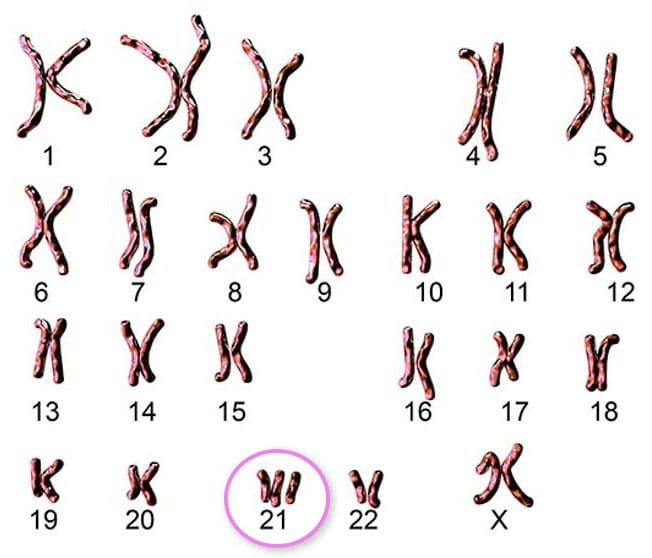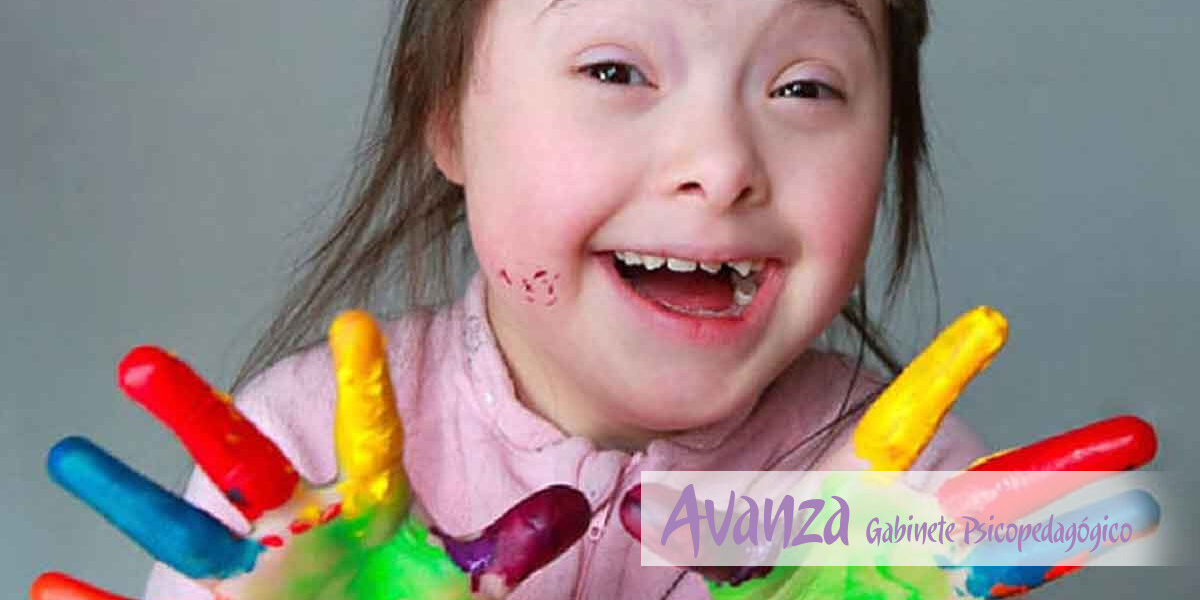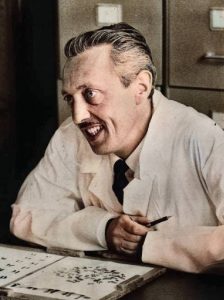Talking about the syndrome Down's is to speak of the eternal smile of happiness in its purest state of affection given with full hands in a world of shadows, they are the light.
People are all different, that is the greatest wealth of the human being and as such we must be educated from our personal capabilities, enriching them with the necessary stimuli in each case, there are no limits.
What is Down syndrome?
He syndrome Down syndrome is a genetic alteration that is produced by the total or partial triplication of the chromosome 21, which is why it is also called trisomy of the 21st pair, that is, people with syndrome Down's have 47 chromosomes instead of 46. The most common thing is that this anomaly occurs during the meiotic division, that is, when the egg and sperm lose half of their chromosomes. The error consists of one of the two gametes dividing its Program 21 and passing twice as much to the embryo, tripling said Program 21. chromosome. This process is called trisomy free and is the most common in people with syndrome of Down. There is another variant of trisomy called translocation. In this process, a piece of the chromosome 21 from one parent detaches and attaches to another chromosome usually at 14. The result is the same, 3 chromosomes 21, in this case the father or mother are carriers, they do not have the trisomy but they can pass it on to their children and cause other children to be carriers, which is why they should have a genetic study.

He mosaicism is the form of trisomy less common, it occurs after conception. The trisomy It is only present in some cells, the percentage of affected cells can range from a few to almost all. The causes of the occurrence are unknown. trisomy but in some cases it is statistically related to the mother's age being over 35 years old.
He syndrome Down syndrome is characterized by a variable degree of cognitive disability; heart disease is common in these cases; in fact, it is the main cause of mortality in children with Down syndrome. syndrome of Down. They may also suffer from respiratory, digestive or endocrine anomalies, as well as vision disorders, hearing deficits or dental problems. On the other hand, it is common for them to have impulsive behavior, a deficiency in their ability to discern, a low level of attention and learning, and they may also suffer frustration when they are aware of their limitations. In any case, with 46 or 47 chromosomes, each person is different and develops differently. As the syndrome Down syndrome is not a disease, there is no treatment, however there is for diseases associated with Down syndrome. syndrome. It is essential that their intelligence be stimulated and their autonomy enhanced; they must be supported to develop all their intellectual emotional possibilities.
At the same time, early intervention programs are very important for children who have a sibling, cousin or friend with syndrome of Down.
A LITTLE HISTORY
Who discovered Down syndrome?
He syndrome Down owes its name to John Langdon Down who identified it in 1866 but never found out its causes. Jérôme Lejeune discovered in 1958 that syndrome Down syndrome was caused by an alteration in the chromosomeSince then there have been many who have supported the investigation of the syndrome of Down syndrome and thanks to all of them, people who suffer from it can live better.





